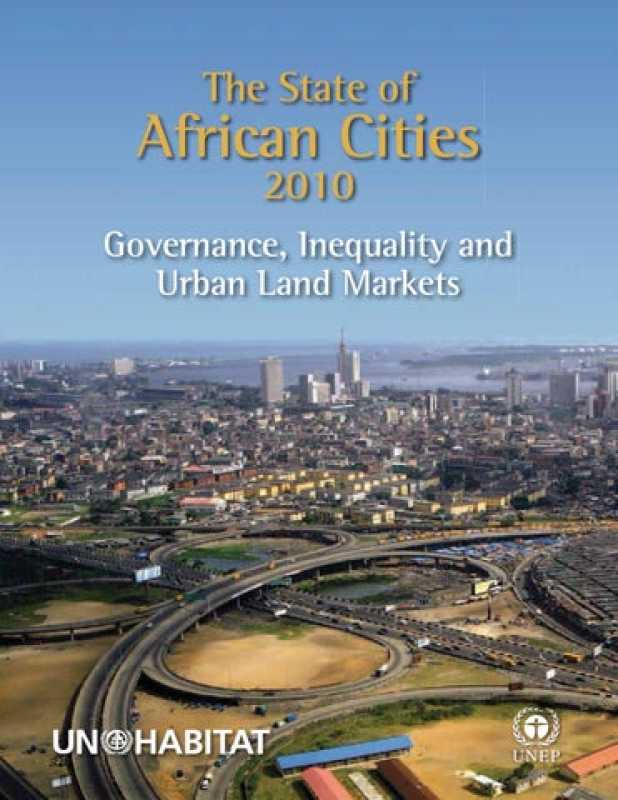World
Hillsides Amidst Inequality: The Intersection of Risky Urban Occupations and Environmental Injustice

In the city of Belo Horizonte, numerous settlements dot the hillsides, showcasing the challenges and complexities of urban occupation in such terrain. These settlements are often home to vulnerable and low-income communities, facing a myriad of social, economic, and environmental issues.
The decision to settle in hillside areas is often driven by the search for affordable housing, proximity to urban centers, or simply the lack of viable housing options. However, the irregular terrain of these areas makes construction of stable housing difficult, leading to challenges in accessing basic services like clean water and electricity.
During the rainy season, the risks of hillside occupation become heightened, with heavy rains saturating the soil and making slopes prone to landslides and erosion. The removal of natural vegetation further exacerbates these risks, leading to the destruction of homes and loss of lives.
Environmental racism, a term gaining prominence in contemporary dialogues, plays a significant role in exacerbating the challenges faced by communities in hillside cities. This form of racism disproportionately affects vulnerable populations, including Black individuals and indigenous communities, perpetuating structural inequalities.
In addressing these complex issues, an integrated approach is crucial, involving the active participation of affected communities. Public policies aimed at housing and disaster prevention measures must be bolstered to ensure the safety and security of residents living in hillside areas.












